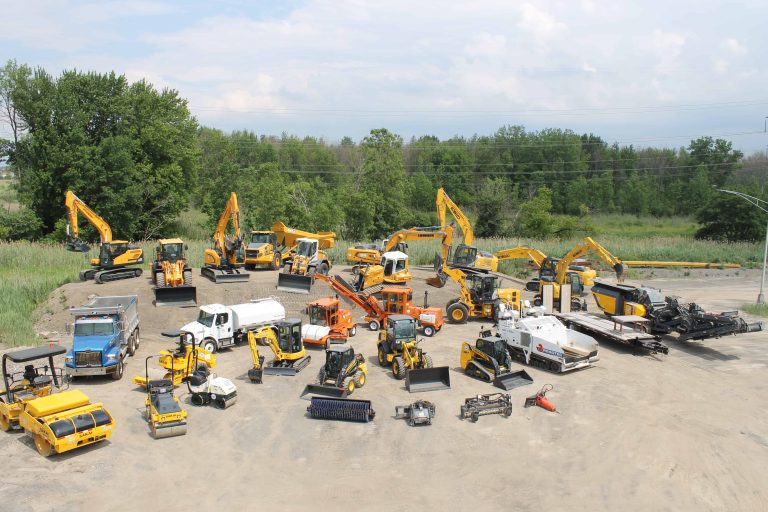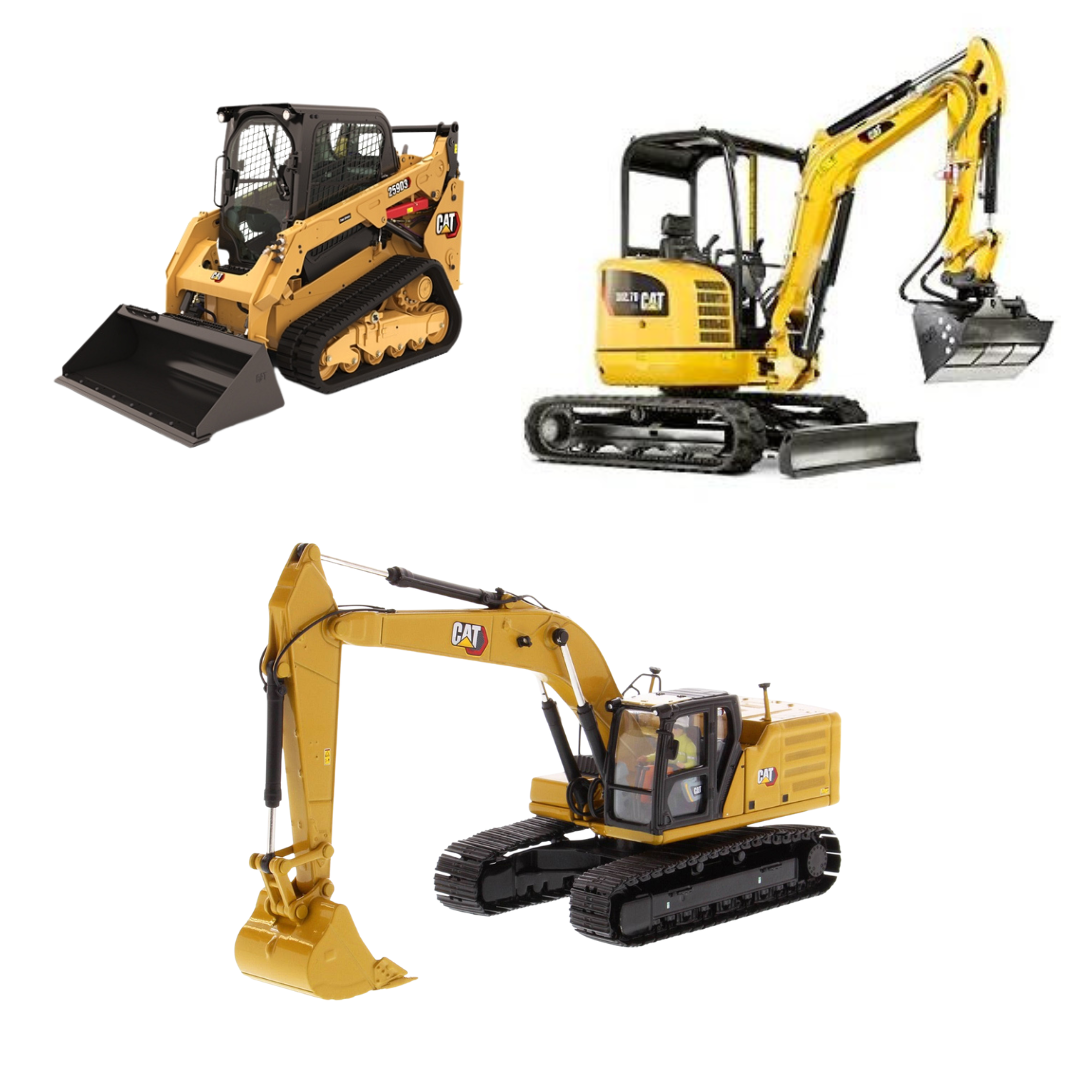Heavy Equipment Rental: Huge Equipment for Any Construction Job
Heavy Equipment Rental: Huge Equipment for Any Construction Job
Blog Article
Maximize Your Budget by Recognizing the Expenses Associated With Construction Tools Leasings
Understanding the full extent of prices associated with building devices rentals is crucial for maximizing your budget plan. What techniques can be employed to efficiently manage these prices and make sure a much more effective rental experience?
Summary of Rental Prices
When thinking about building devices services, understanding the linked prices is vital for reliable budgeting and job preparation. Rental prices can vary considerably based upon a number of elements, including devices kind, period of service, and location. The initial rental fee commonly reflects the devices's market need and its connected functional capabilities, influencing the overall expenditure.
In addition to the base rental price, supplementary prices might occur, such as transport costs, fuel surcharges, and maintenance costs. It is important to represent these added expenses to accurately examine the complete price of renting equipment. Moreover, the rental duration can influence pricing; longer rentals may receive affordable prices, while short-term leasings may incur higher daily costs.

Malfunction of Rental Prices
A detailed understanding of rental rates is important for professionals and project supervisors intending to enhance their budget plans. Rental rates for construction tools commonly are composed of a number of components, including base prices, time-based costs, and usage fees.
Base rates are the core costs linked with the leasing of the devices, frequently determined by the type and size of the equipment. These prices can vary considerably, affected by factors such as tools demand, schedule, and regional market fads. Time-based fees, which might be daily, weekly, or monthly, offer to accommodate various job timelines and rental periods.
In addition, rental rates might consist of use costs, which are relevant when devices is used past a specified limit, making certain that the rental company can make up deterioration. Seasonal need changes can also impact rental prices, with peak building periods usually regulating higher rates.
Moreover, comprehending the rental company's policies pertaining to maintenance and insurance coverage can provide additional understanding into the general price structure. By examining these components, service providers can make informed decisions, making certain the selection of rental devices straightens with both project demands and spending plan constraints.
Additional Fees to Think About
Recognizing the intricacies of additional fees is important for service providers to handle their total service expenditures properly. Past the standard rental rates, various supplemental fees can dramatically influence the complete price of tools service. These fees typically include shipment and pickup charges, which can differ based on distance and logistics involved in carrying the equipment to and from the job website.
In addition, some rental firms may impose gas additional charges if the devices is returned with less fuel than when rented out. It is additionally necessary to know prospective cleaning costs, specifically for customized devices page that calls for extensive maintenance after use.

Extensively examining the rental agreement and making clear these extra costs in advance can help service providers stay clear of unexpected prices and guarantee that budget plans continue to be intact throughout the task lifecycle.
Maintenance and Repair Work Expenditures
Routine repair and maintenance expenses are usually ignored factors that can significantly affect the total cost of construction devices rentals. When leasing equipment, it is vital to consider not just the rental costs but additionally the prospective prices connected with maintaining the equipment in optimum operating condition.
Several rental see this companies consist of basic upkeep as part of the rental contract; nonetheless, extra unexpected break downs or considerable repairs can result in extra expenditures. It's vital to assess the rental agreement meticulously to understand what maintenance services are covered and what responsibilities fall on the renter.
Additionally, equipment that is not well-maintained can result in inefficiencies at work website, possibly causing hold-ups and enhancing task expenses. To alleviate these risks, it is advisable to carry out routine examinations and keep open interaction with the rental provider pertaining to any issues that occur during use.
Insurance and Obligation Expenses
Insurance and liability prices are vital parts that can significantly impact the general expenditure of building tools rentals (scissor lift rental). These prices ensure that both the rental firm and the client are secured from potential economic losses arising from crashes, damages, or theft during the rental duration

In addition, customers must be aware of any type of deductibles or exclusions in the insurance plan, as these can impact potential out-of-pocket expenses. Recognizing the conditions view of any kind of insurance policy coverage is vital to avoid unanticipated prices. Eventually, budgeting for insurance coverage and responsibility costs can help ensure a smoother rental experience and shield versus financial dangers related to building and construction projects.
Final Thought
In final thought, a detailed understanding of the prices associated with building and construction equipment leasings is necessary for effective budget monitoring. Ultimately, notified decision-making pertaining to tools rentals adds to the general success of building ventures.
Rental costs can vary significantly based on a number of variables, consisting of tools kind, period of leasing, and location (mini excavator rental). The rental period can influence pricing; longer rentals might certify for reduced prices, while temporary services could sustain higher everyday charges
By carrying out extensive study and engaging with reliable rental firms, service providers can efficiently navigate the complexities of rental rates, inevitably optimizing their economic sources.
Beyond the basic rental prices, different extra fees can significantly affect the total price of devices leasing. Rental companies often offer responsibility insurance policy that covers injuries to third celebrations or damage to residential or commercial property, while equipment damages insurance can cover the price of fixings or replacement if the leased tools is damaged.
Report this page